What to take away about 3rd Gen Ryzen from AMD's CES Keynote
January 14, 2019 | 18:00
Companies: #amd
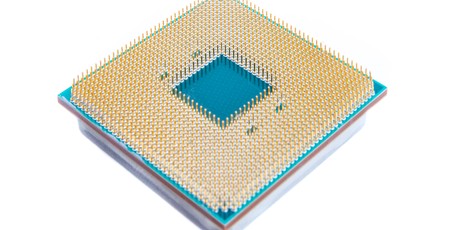
Many were expecting a full or partial reveal of 3rd Gen Ryzen CPUs by AMD at CES, as the rumours and supposed leaks beforehand seemed to paint a fairly comprehensive set of SKUs. However, in reality, we didn't get anything as far as model names go, which did prove a tad frustrating.
We can obviously expect an eight-core, 16-thread model to replace the Ryzen 7 2700X, but as tantalising as recent rumours were, we'll have to wait a bit longer to see if we'll see CPUs with more than eight cores coming to Socket AM4 this year. That's not surprising, though, as AMD mentioned a Q2 time period for launch. At this stage, we know the company is still nailing down exact frequencies for the CPUs, and these will need to be confirmed before it can start talking SKUs with precise cores, frequencies, TDPs, and so on.
It probably doesn't have anything to worry about from Intel until then, though, and it also means that the next few months will mean a breather before we start mammoth benchmarking sessions again. However, while the lack of confirmation of more than eight cores heading to AM4 certainly made us squirm, the benchmarking session that AMD performed on stage is perhaps far more revealing and interesting than just simple core counts.
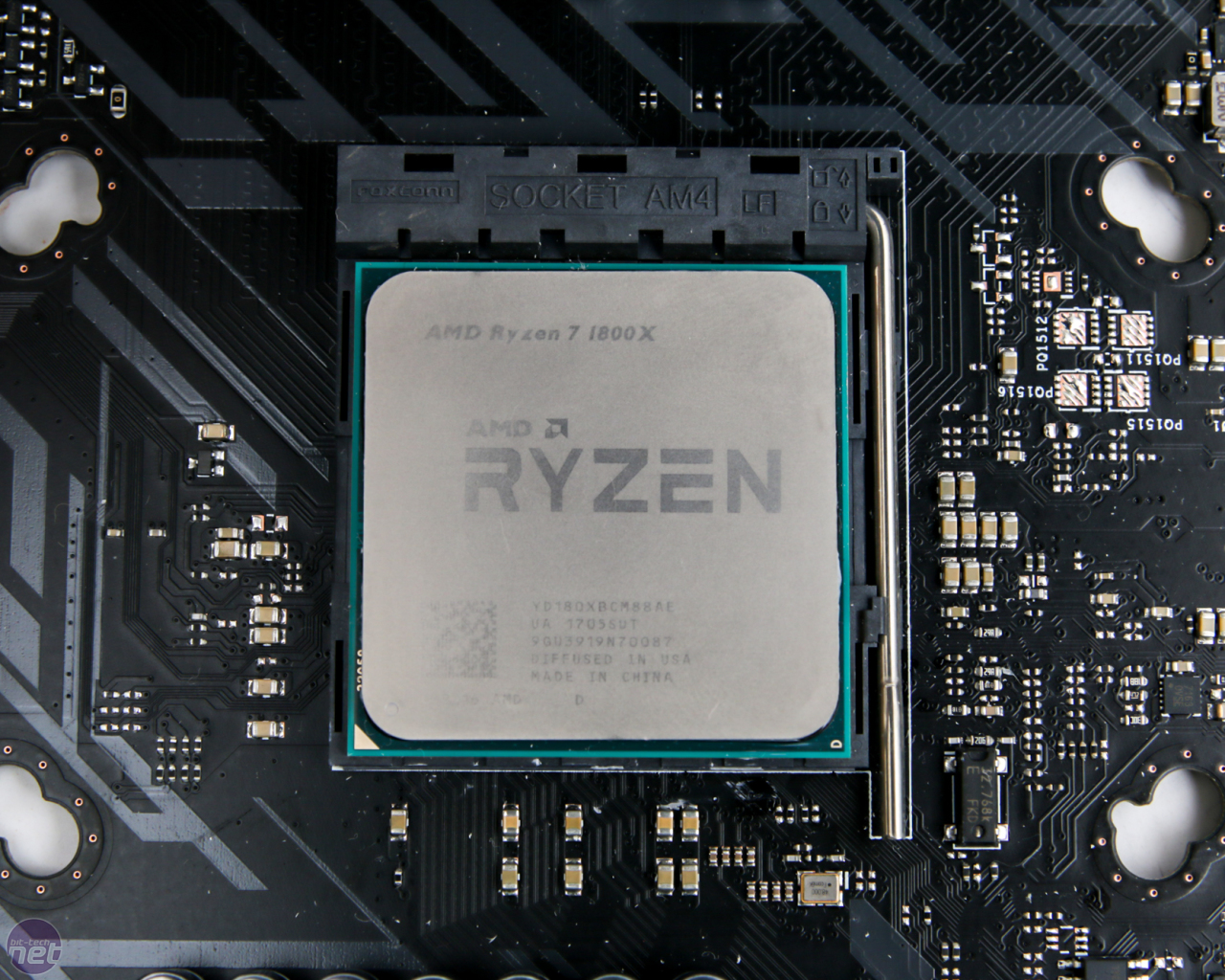
For the last two generations, on a core-for-core basis, AMD has been at a disadvantage both in single-threaded and multi-threaded benchmarks, largely thanks to a frequency deficit. This has lead to similar core count CPUs for Intel being faster in a number of tests, although AMD is usually much cheaper to make up for it. This all changed with the benchmarks that took place when Lisa Su was on stage. An as-yet-unknown eight-core, 16-thread CPU was pitched against Intel's Core i9-9900K, which as we know is a beast of a CPU with an equally beastly price tag.
However, the AMD CPU was marginally quicker, which can mean only a couple of things. As the Cinebench test that was run will benefit from all-core boost frequencies and instructions per clock (IPC), AMD has added between 10-20 percent more grunt to one of those features or smaller boosts to both that when combined mean Zen 2 adds several hundred points and way north of 10 percent more performance to the Cinebench score of the Ryzen 7 2700X, which of course also has eight cores and 16 threads.
This parity between Intel and AMD CPUs that share the same number of cores and threads is probably the most tantalising glimpse of Zen 2's performance, and for me it is far more interesting than finding out AMD has a 16-core mainstream CPU in the works. With 2nd Generation Ryzen, the Ryzen 7 2700X was more akin to the Core i7-9700K in terms of performance than the Core i9-9900K, but AMD has historically also been fairly aggressive with the other side of the coin: pricing.
For instance, the Ryzen 7 1800X cost £500 when launched, yet we reviewed the faster Ryzen 7 2700X at less than £300. Assuming the new eight-core CPU retails for £300 or less (big assumption for 7nm! - ed.) and arrives in the next six months, if lightly-threaded performance is also on par with the Core i9-9900K, AMD is still launching soon enough to cause a real stir in CPU pricing given the Core i9-9900K retails for around £200 more but performs the same.
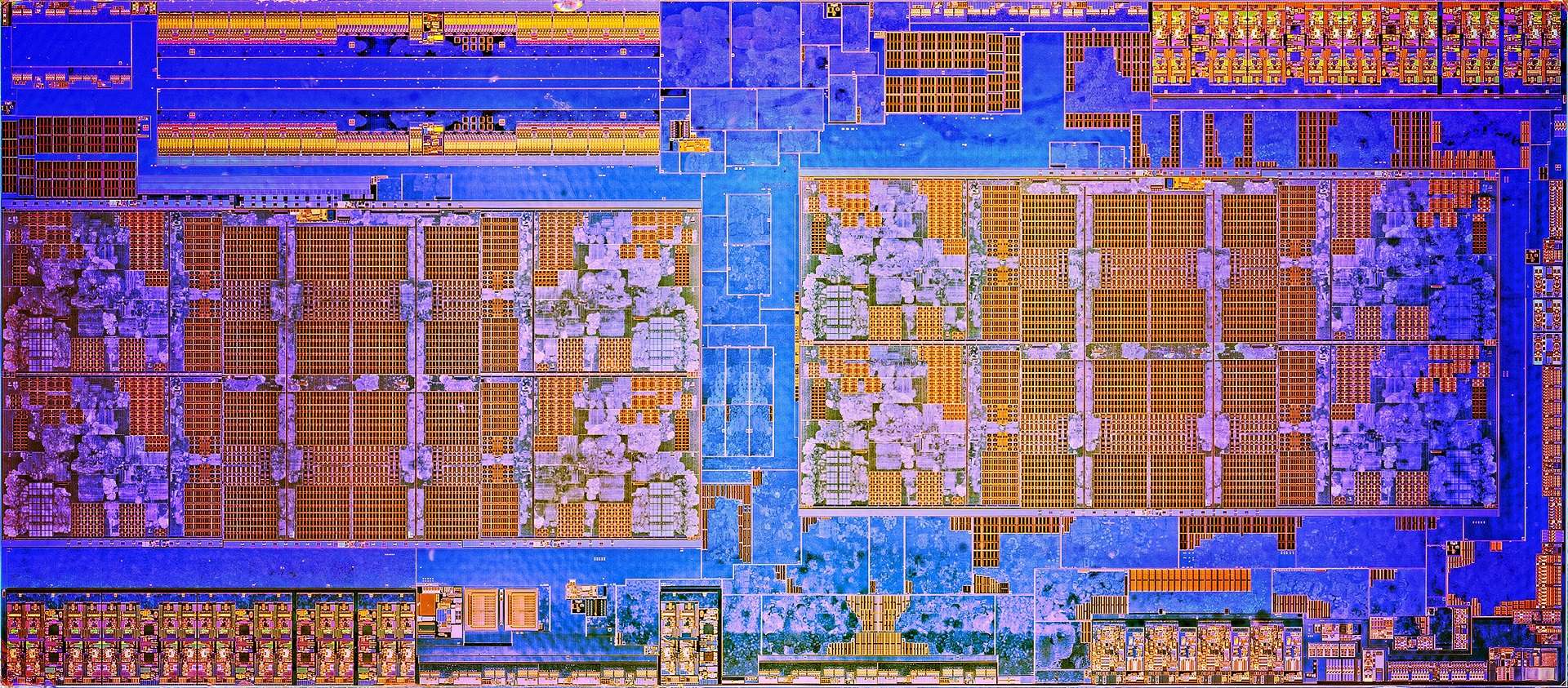
It will be interesting to see, too, whether we're looking at a mostly IPC-related or frequency-related performance boost, or a mixture of the two. With Zen 2 being a new architecture and the first major revision since Ryzen's launch, plus a new manufacturing process and at a fab other than GlobalFoundries, any of the above could be true. One thing is sure, though, which is that improvements there are.
In terms of pricing, Intel has stubbornly refused to lower things even in the face of price drops for most AMD Ryzen CPUs over the last couple of years. There were one or two exceptions such as the Core i3-8350K, which was essentially a Core i5-7600K but for around £60 less, making it a great buy at the time. However, supply shortages have meant it cost closer to £200 and only recently have any 8th Gen Intel CPUs got back to normal pricing. Things are about to kick off with Intel too, though, but all the indications are that it will be at least the end of 2019 before we see anything involving 10nm for desktop CPUs. It's your move, AMD.

MSI MPG Velox 100R Chassis Review
October 14 2021 | 15:04

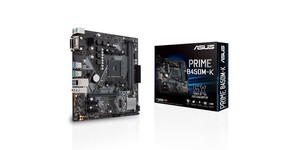
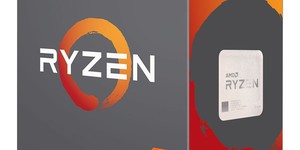
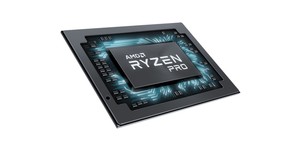




Want to comment? Please log in.